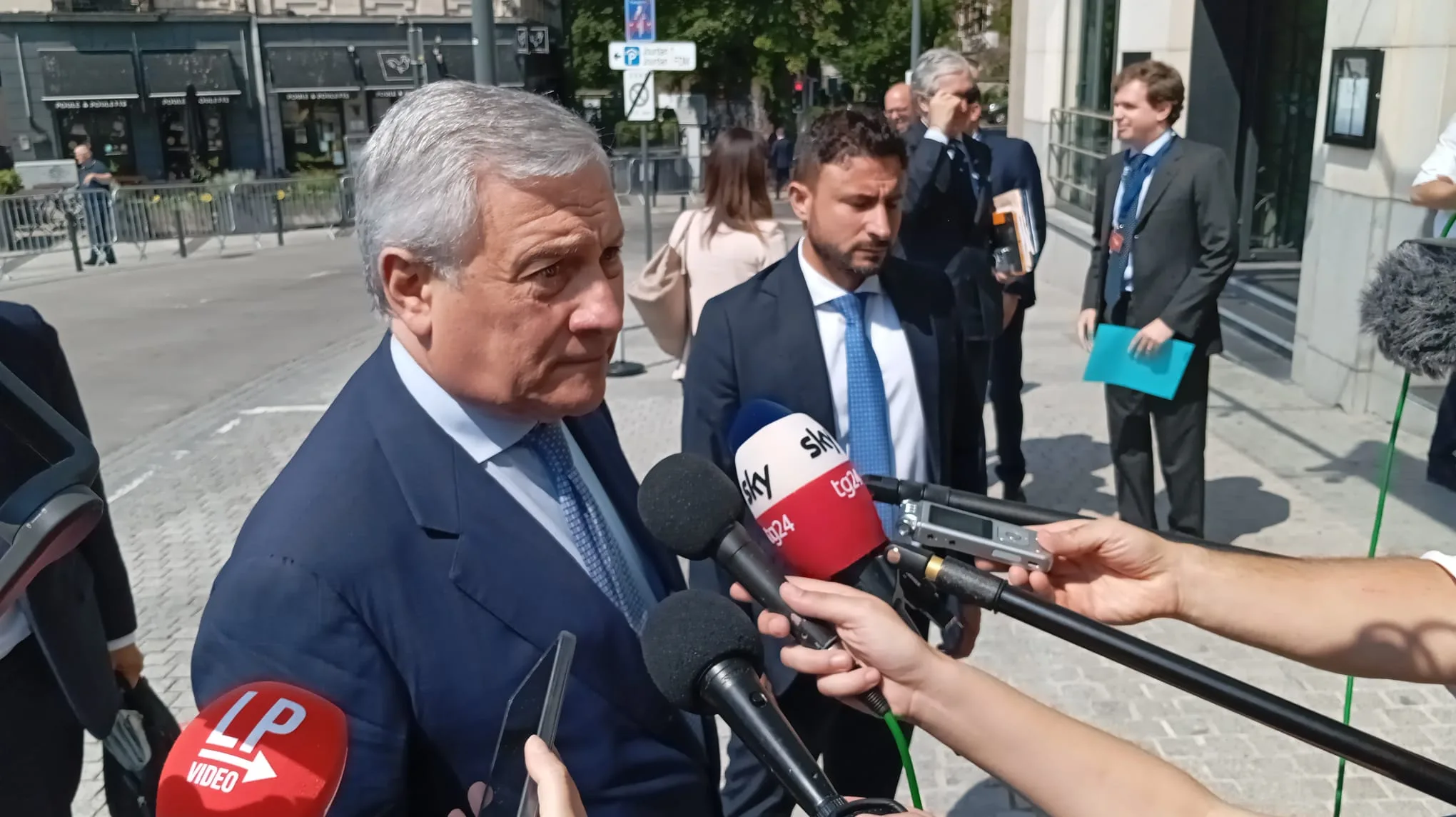Brussels – In the EU capital, it is the day of the top jobs, of the three names put forward to fill the most influential offices in the European institutions under consideration by the heads of state and government of the 27. Populars, Social Democrats and Liberals have already agreed in principle. But the unknown is whom Ursula von der Leyen will look to to secure a solid majority when it will be the European Parliament’s turn to vote on her confirmation as head of the European Commission. The two Italian parties belonging to the major European political families have opposite ideas. While for Elly Schlein “it would be important to enlarge to the Greens,” Antonio Tajani’s line is “to open dialogue with the conservatives.”
Before the summit, European political families met in traditional pre-summit meetings to agree on positions to be held in negotiations for top jobs and priorities for the next legislature. The Democratic Party leader reiterated the red line marked by the European Socialists to support von der Leyen: “No to any alliance with the far right.” For Schlein, it means—from a national perspective—no to Giorgia Meloni’s European Conservatives and Reformists (ECR) and no to Identity and Democracy (ID), of which Matteo Salvini’s Lega is a member.
“If you have to broaden, it would be very important for us to broaden to other democratic families,” Schlein continued. Pointing immediately to the European Greens, “with whom there are so many shared goals, starting with the defence of the Green Deal.” For the Dem leader, the Green Deal does not mean “less industry” but “a different kind of industry in which Italy can return to a leading role.” The problem, however, is that the Greens are among the big losers in the European elections. On the right, the possibility of a majority with what is currently the second-to-last political group in the EU Parliament in terms of size, doesn’t sit well with them.

Italian Vice-Premier Antonio Tajani, leader of Forza Italia, has been repeating this for days, espousing the line already expressed by the leader of the Popular Party, Manfred Weber. “My position is in favour” of the agreement on appointments between Populars, Socialists and Liberals,” Tajani said on the sidelines of the meeting with the leaders of the EPP, “but without any opening to the Greens.” For the deputy prime minister, one must respect the will of European citizens and “look and open dialogue with the conservatives.” In other words, it is inevitable to break the cordon sanitaire around the far right and recognize the result achieved by ECR, which became the third group in the EU Parliament, bypassing the liberals. Also, if not—Tajani warns—”they will talk to Le Pen,” leader of France’s Rassemblement National, the first party in the ID group.
Winners in the European elections, the party of which Giorgia Meloni is president, is in danger of being left out of the game due to the resolute opposition of socialists and liberals to compromise with the far right “which wants to destroy the European project.” The heads of state and government are expected to agree on the appointments today. Von der Leyen at the European Commission, former Portuguese Socialist Prime Minister Antonio Costa at the European Council, and Latvian Liberal Premier Kaja Kallas as High Representative for Foreign Affairs. However, there remains the uncertainty of the EU Parliament, which could express itself next July 18 in Strasbourg: opening to the Greens would bring the risk of turncoats among the Populars, and winking at Meloni would cause a stampede among liberals and socialists.
English version by the Translation Service of Withub










